By Ernst Wolff.
The leadership of the fight against the new coronavirus is in the hands of the World Health Organization (WHO). It announces the numbers of infected, deceased and recovered individuals, provides information on the spread of the disease and coordinates measures to contain it.
Who is behind this organization? Who founded it? How has it fulfilled its mission so far? Who finances it?
Here is a summary of the most important facts:
The World Health Organization was founded in 1948 as a specialized agency of the United Nations. The headquarters is in Geneva, it currently has 194 member states and has been led since 2017 by former Ethiopian Health and Foreign Minister Dr. Tedros Ghebreyesus.
WHO’s official objective is “the attainment by all peoples of the highest possible level of health.”. It is entitled to set internationally recognized standards for the treatment of diseases, the handling of environmental toxins and protection against nuclear hazards. It also provides technical assistance to countries in need and supports and coordinates international responses to health emergencies.
There are two sources of funding for the WHO
The WHO currently has a budget of approximately 4.4 billion dollars and has two main sources of income: Firstly, fixed contributions paid by the governments of the member states, which are based on population size and the level of their national product. The second is through voluntary contributions from member states, foundations, companies and individuals.
The fixed contributions are used to cover general expenditure and programe activities. Voluntary contributions are awarded by donors for specific activities and are tied to specific purposes.
In the first three decades of its existence, the WHO was financed mainly by fixed contributions from Member States, with the United States being the largest donor. With global deregulation and the increasing influence of neo-liberalism, a wave of privatization began in the mid-1970s, which did not stop at the WHO. The share of private funds in its budget increased continuously in the following decades.
In 1993, the USA pushed through the freezing of compulsory contributions. In 2017, US President Trump ordered a cut of almost half of the US share. Today, less than 20 percent of the WHO budget comes from the governments of the member countries. More than 80 percent consists of voluntary and largely purpose-related contributions from public or private donors, mainly foundations and pharmaceutical companies.
The importance of private economic interests
Just over 14 percent of the total budget currently comes from the Bill and Melinda Gates Foundation. It has been the largest private donor for several years and has donated 2.5 billion dollars to the WHO since the turn of the millennium. In 2016 and 2017 alone, the annual amount was $629 million dollars – largely designated for vaccination campaigns.
The Gates Foundation has donated a total of $1.6 billion dollars to the WHO for the containment of poliomyelitis. This fight has almost eradicated the dreaded disease worldwide. At the same time, it has brought very high profits to various pharmaceutical companies, whose representatives sit on the board of the Gates Foundation, and caused their share prices to rise considerably. This, in turn, has also benefited the Gates Foundation, which holds blocks of shares in the pharmaceutical companies GlaxoSmithKline, Novartis, Roche, Sanofi, Gilead and Pfizer, among others.
The Gates Foundation claims to serve global health. It sees no contradiction in holding blocks of shares in oil companies or companies such as Coca-Cola, Pepsi-Cola, Nestlé or the alcohol companies Anheuser-Busch and Pernod. The WHO denies that its hands are tied because of its financial dependence on the Gates Foundation when it comes to taking action against harmful activities of the oil industry or the sweet drinks and alcohol industry.
Almost four years ago, a decisive structural change took place within the WHO in favor of the private sector. Until then, only non-profit organizations were allowed to participate in the WHO working and task forces, where the most important decisions of the organization are made. Following a decision by the WHO General Assembly in May 2016, commercial companies are now also allowed to exert direct influence on strategic decisions in these bodies.
Avian and swine flu
Probably the most important task of the WHO is to intervene in pandemics and coordinate global efforts to contain them. Influenza pandemics are the most common. These include the avian flu of 2005 and the swine flu of 2009/2010.
During the bird flu epidemic, the influenza director of the WHO, the German Klaus Stöhr, warned urgently of a worldwide wave of infection with “up to seven million deaths”. In response, governments purchased the influenza drugs Tamiflu and Relenza for millions.
In 1996, Swiss pharmaceutical giant Roche acquired the license to produce Tamiflu from the US biotechnology company Gilead, whose former chairman and major shareholder was former US Secretary of Defense Donald Rumsfeld. Roche earned more than one billion Swiss francs from the sale of Tamiflu.
Avian influenza did not claim the announced 7 million lives, but a total of 152 lives worldwide. Klaus Stoehr, who played a decisive role in the WHO’s strategy, left the WHO after the pandemic had subsided to take up a directorship at the Swiss pharmaceutical company Novartis.
During the 2009 swine flu epidemic, the WHO again declared a state of emergency. At that time, Marie-Paule Kieny from France was Head of the WHO Vaccine Unit. Until 1988, she worked for Transgene SA, a biotechnology company with strategic partnerships for vaccine production with the pharmaceutical company Roche, and before joining the WHO, she had been active in the European Vaccine Initiative sponsored by many pharmaceutical companies.
The WHO’s warnings of the consequences of swine flu were again so drastic that many governments built up emergency stocks. Germany alone ordered influenza drugs and vaccines worth 450 million euros at the time.
However, since the actual wave of infection was relatively mild and only 258 deaths per 226,000 illnesses in Germany, less than a normal seasonal flu epidemic, the government stocks paid for with tax money had to be destroyed due to a lack of demand.
The WHO and the World Bank
In 2017, the World Bank, together with reinsurers – i.e. companies that insure insurance companies – set up an emergency fund for epidemic diseases, which, according to its then president, would “save millions of people”.
At the heart of this fund are so-called pandemic bonds, which are purchased by major investors, pension funds, asset managers and foundations and earn them state-guaranteed interest of up to 11 percent. In the event of a pandemic outbreak, investors run the risk of losing either part of their money or all of the money they paid for the bonds.
The official purpose of pandemic bonds is to help countries in need to raise money in the event of a pandemic outbreak. However, the disbursement of the money is subject to criteria set by the WHO and contractually stipulated on several hundred pages for each bond.
When the Ebolavirus raged in Congo in 2018, killing more than two thousand people, it was the second most serious outbreak of the disease ever. Nevertheless, only a small part of the money (61 million US dollars) was paid out, as the small print of the bonds contained the following clause: The disease must cross the border into two neighboring countries and claim at least 20 victims within a certain period of time. However, in Uganda, a neighbouring country to Congo, only 3 deaths were detected at the time – by the WHO.
In addition, the 61 million dollars were not paid out until three months after the outbreak of the pandemic, so they could no longer help to prevent the spread of the disease at an early stage.
A study published after the Ebola pandemic on the effectiveness of pandemic bonds provided evidence that, to date, more money has been spent on interest payments for financial investors than for countries affected by the Ebolavirus.
Hedge funds, the WHO and the Coronavirus
Hedge funds are financial companies that are allowed to act like banks, but are not subject to their restrictions. Following their approval as part of deregulation, more and more banks have set up their own hedge funds and thus carried out precisely those transactions that were previously prohibited to them.
As a result, hedge funds have become increasingly powerful and now dominate the global financial scene. Due to their constant hunt for quick returns and the immense profit opportunities in the field of pharmaceuticals, the most lucrative branch of industry worldwide, they also hold shares in numerous pharmaceutical companies and can also influence the WHO through them.
After the world financial crisis of 2007/08, the central banks kept the global financial system alive for 11 years by injecting more and more money and lowering interest rates. Since 2019, however, this strategy has no longer worked. As the severe distortions on the financial markets over the past four weeks show, the system is now finally collapsing.
The hedge funds have suffered huge losses in the course of this collapse and are currently trying to compensate for them in two ways: Firstly, they bet on falling prices and secondly, because of their market power, they are demanding – and receiving – ever larger bail-outs (i.e. money injections) from governments and central banks.
Neither of these measures contributes to the recovery of the system, but rather exacerbates the crash and, above all, the effects on the working population, which is threatened by mass unemployment and mass poverty on a scale never seen before. The parasitic behaviour of hedge funds therefore has the potential to turn the masses against them and their accomplices in politics and the media.
Under these circumstances, is it not conceivable that someone here could exploit their own power and have an organization like the WHO, which is controlled by their own interests but is committed to world health in the eyes of the public, create mass hysteria on an unprecedented scale in order to divert attention from their own plundering of the collapsing system and prepare to suppress the onslaught of the masses by means of emergency decrees issued by the police and military…?
+++
Thanks to the author for the right to publish the article.
+++
Picture reference: shutterstock
+++
KenFM strives for a broad spectrum of opinions. Opinion articles and guest contributions do not have to reflect the views of the editorial staff.
+++
Support us with a subscription: https://steadyhq.com/de/kenfm
+++
You like our program? Information about further support possibilities here: https://kenfm.de/support/kenfm-unterstuetzen/
+++
Now you can also support us with Bitcoins.

BitCoin address: 18FpEnH1Dh83GXXGpRNqSoW5TL1z1PZgZK

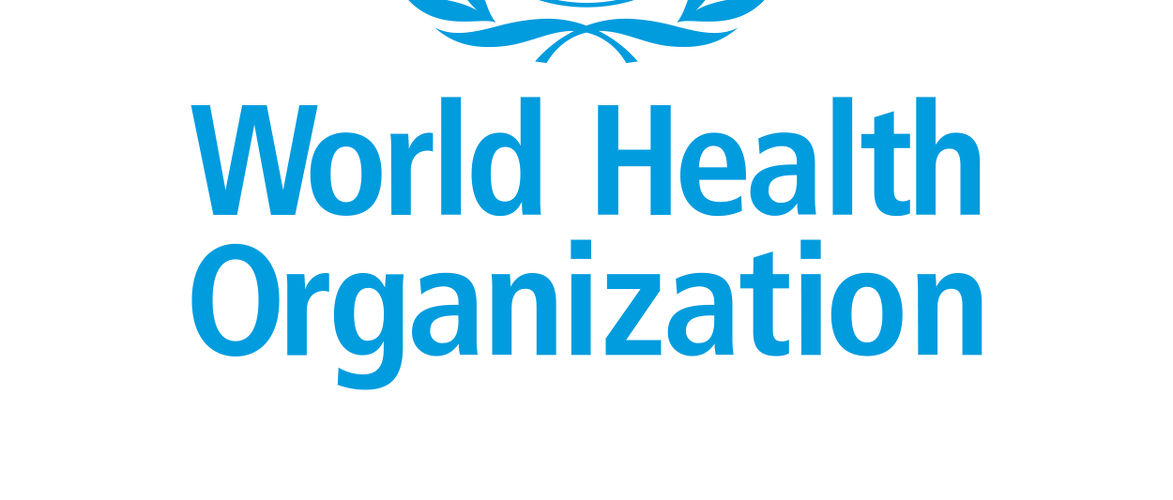
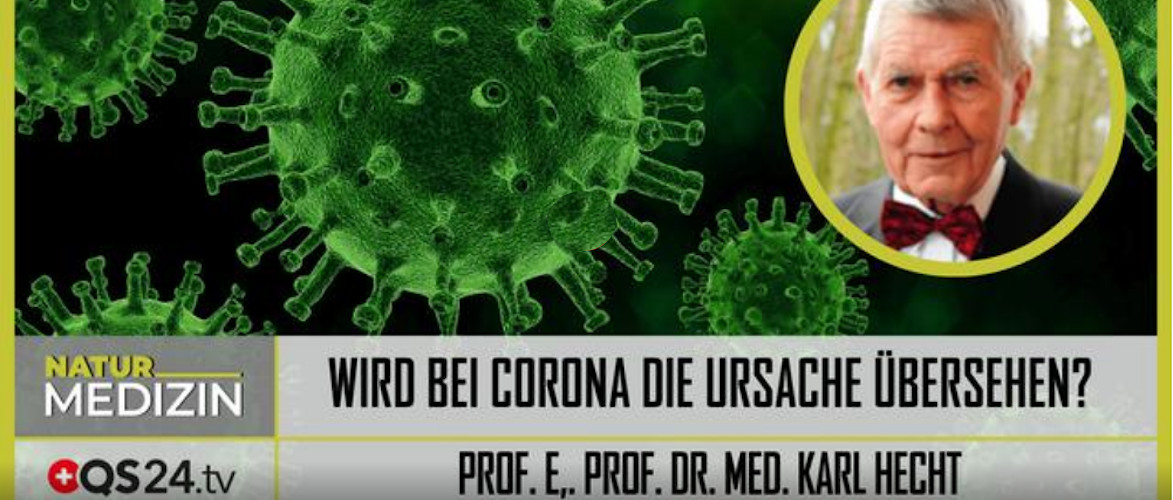
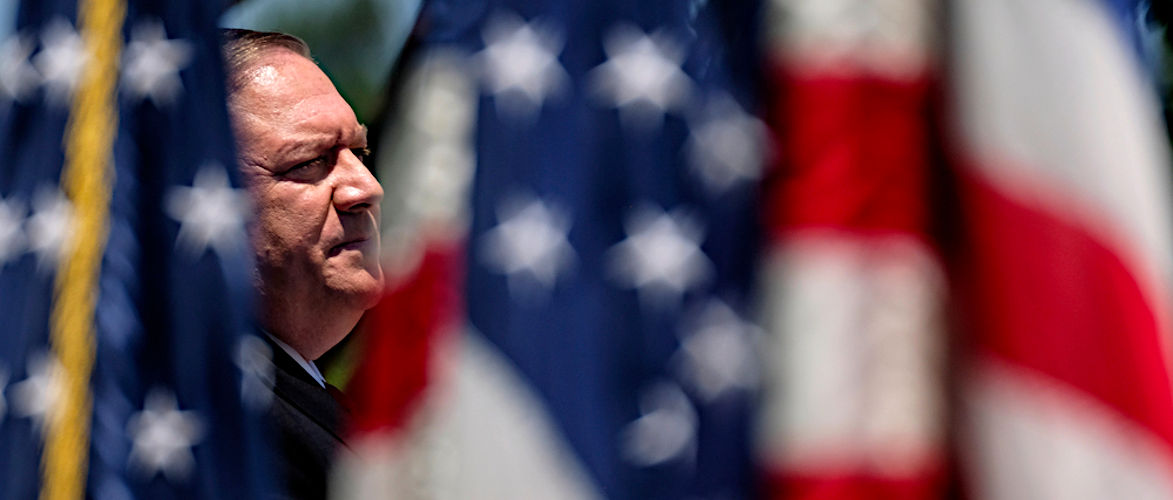

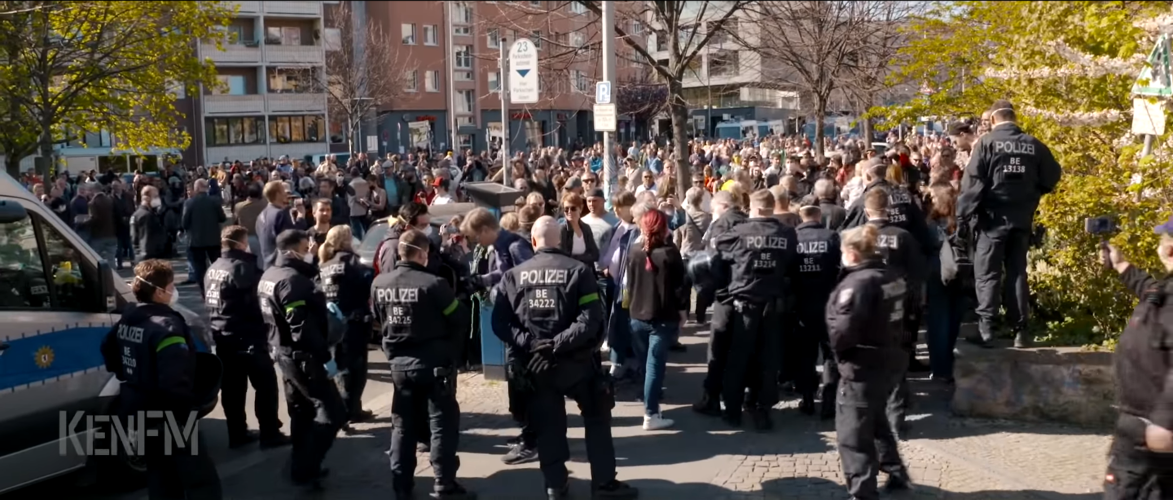
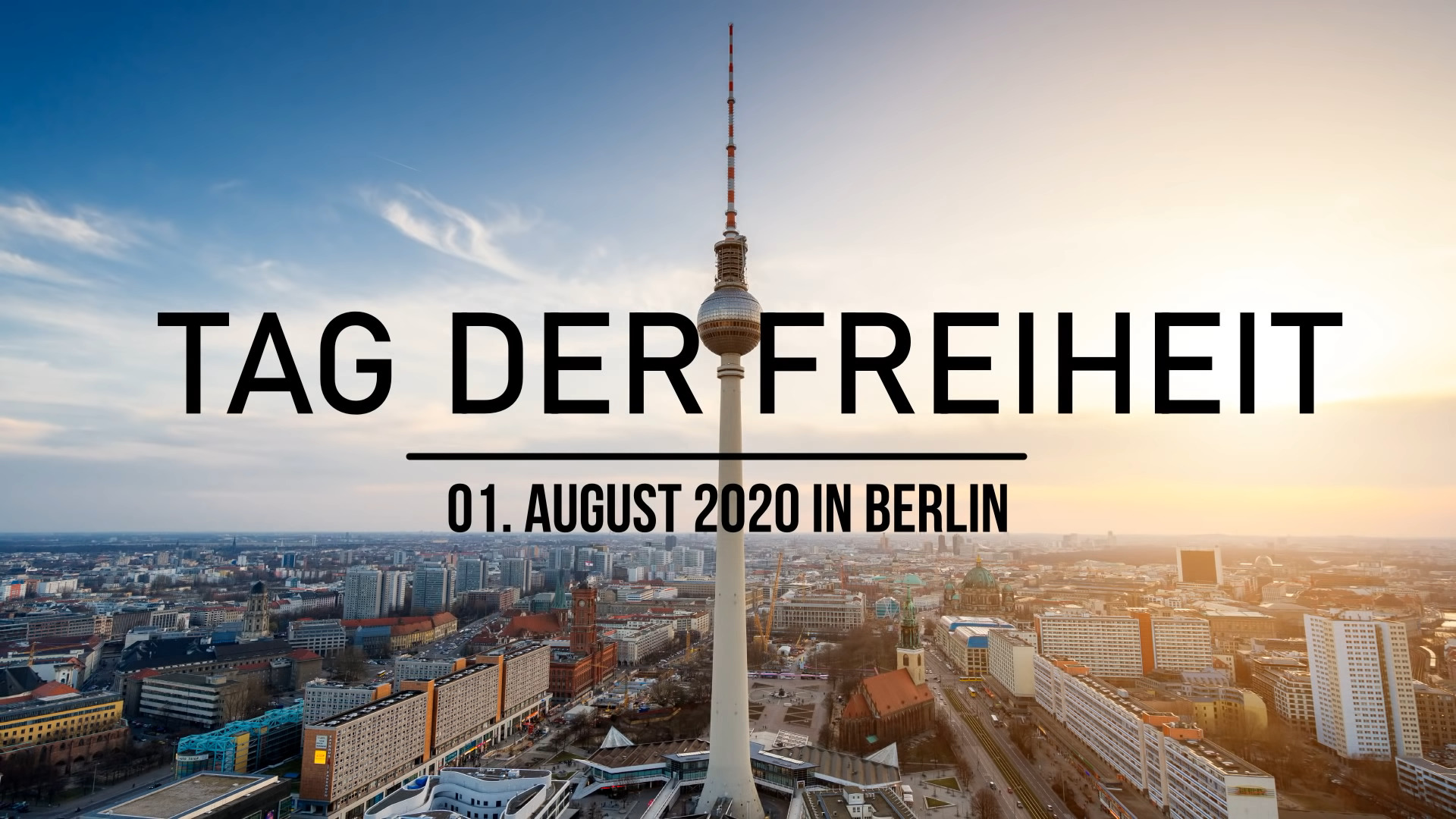
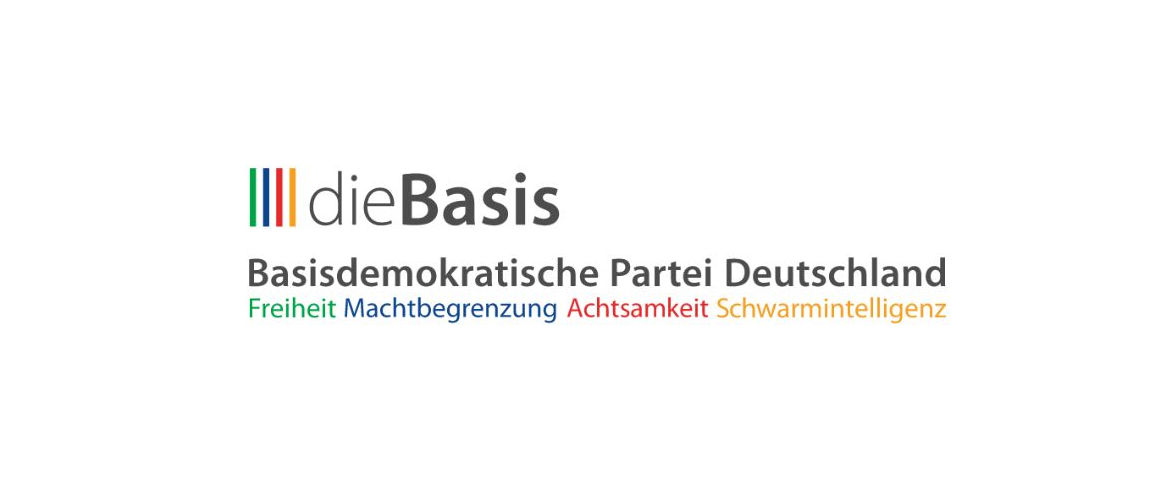
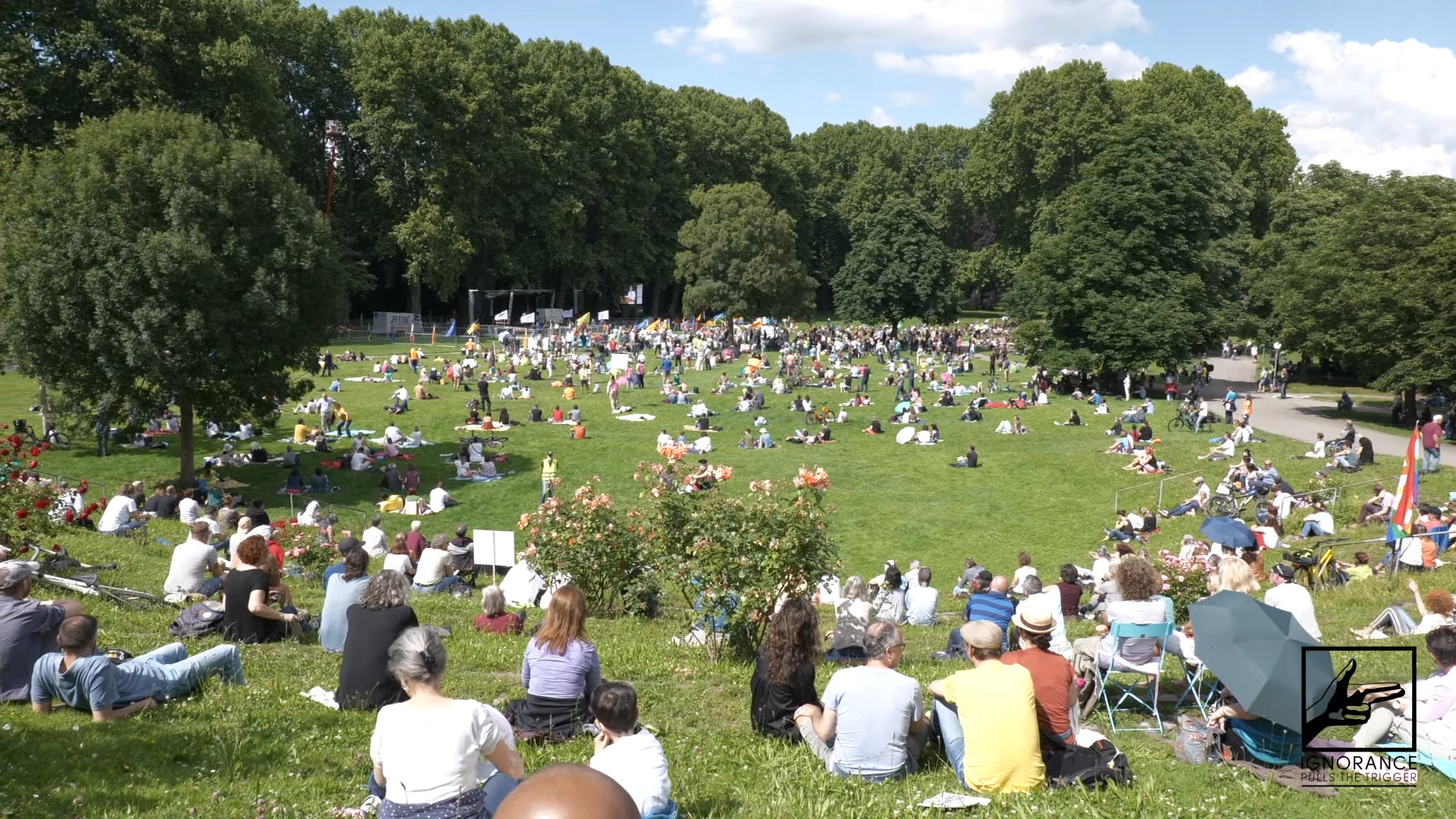

Kommentare (0)